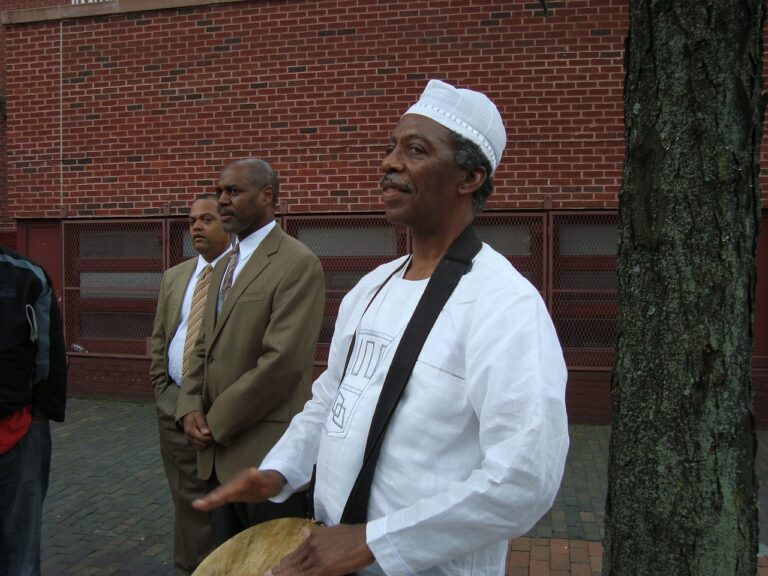The Impact of Cultural Appropriation in Contemporary Playwriting: Allpaanel, Mahadev book login registration, Cricket id online
allpaanel, mahadev book login registration, cricket id online: Cultural appropriation has become a hot topic in the world of contemporary playwriting, sparking important conversations about representation, authenticity, and respect for diverse cultures. Playwrights often draw inspiration from different cultures, traditions, and histories to create compelling stories, but when done without proper research, understanding, and sensitivity, it can lead to harmful stereotypes and misrepresentation.
Impact on Authenticity
One of the major concerns with cultural appropriation in contemporary playwriting is the impact it has on the authenticity of the stories being told. When playwrights borrow elements from cultures they are not a part of, there is a risk of presenting a distorted or oversimplified version of that culture, perpetuating harmful stereotypes and reinforcing existing power dynamics.
Tokenism and Stereotypes
Another significant impact of cultural appropriation is the perpetuation of tokenism and stereotypes in plays. When playwrights use elements of a culture for their own gain without understanding the significance behind them, it can lead to one-dimensional and clich餠portrayals of characters and narratives, which can be harmful and offensive to those within that culture.
Lack of Representation
Cultural appropriation in playwriting also contributes to the lack of representation of marginalized voices in the theater industry. When playwrights appropriate elements from a culture without involving or giving credit to members of that culture, it marginalizes and erases the voices of those who should be telling their own stories.
Colonialism and Power Dynamics
Cultural appropriation in contemporary playwriting also reflects deeper issues of colonialism and power dynamics. By taking elements from a culture without permission or understanding, playwrights are perpetuating a history of exploitation and dominance, reinforcing the idea that one culture is superior to another.
The Importance of Research and Collaboration
To combat the negative impacts of cultural appropriation, it is essential for playwrights to conduct thorough research, engage in meaningful dialogue with members of the culture they are drawing from, and collaborate with artists who can provide authentic perspectives. By approaching playwriting with respect, curiosity, and empathy, playwrights can create more inclusive and authentic stories that honor the cultures they are representing.
FAQs
1. What is cultural appropriation in playwriting?
Cultural appropriation in playwriting refers to the practice of borrowing elements from a culture that is not one’s own without proper understanding, respect, or permission.
2. How can playwrights avoid cultural appropriation?
Playwrights can avoid cultural appropriation by conducting thorough research, engaging in dialogue with members of the culture they are drawing from, and collaborating with artists who can provide authentic perspectives.
3. Why is cultural appropriation harmful in contemporary playwriting?
Cultural appropriation in contemporary playwriting can lead to the perpetuation of harmful stereotypes, tokenism, lack of representation, and reinforcement of colonial power dynamics.
In conclusion, the impact of cultural appropriation in contemporary playwriting is significant, and it is essential for playwrights to approach their work with sensitivity, respect, and a commitment to authentic representation. By doing so, playwrights can create more inclusive, diverse, and meaningful stories that celebrate and honor the richness of all cultures.







